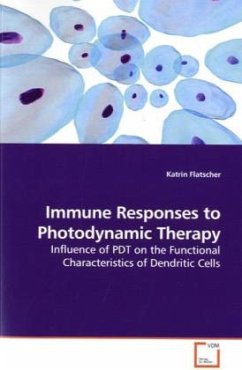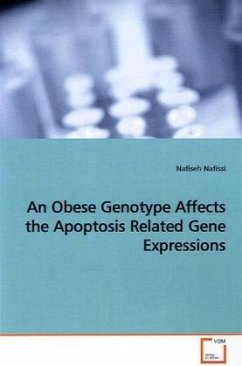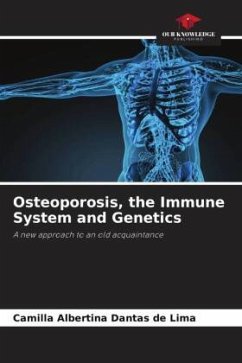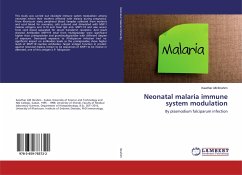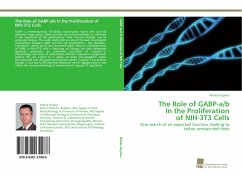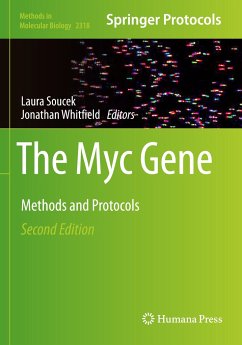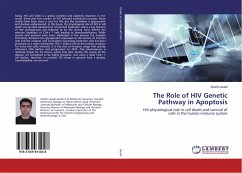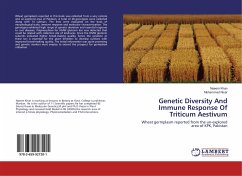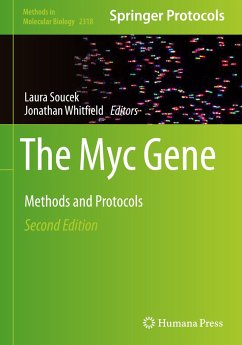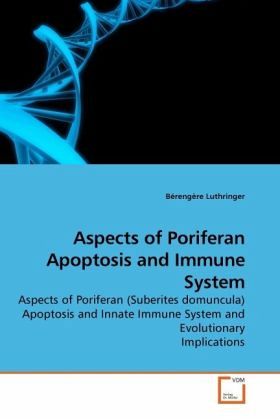
Aspects of Poriferan Apoptosis and Immune System
Aspects of Poriferan (Suberites domuncula) Apoptosis and Innate Immune System and Evolutionary Implications
Versandkostenfrei!
Versandfertig in 6-10 Tagen
45,99 €
inkl. MwSt.

PAYBACK Punkte
23 °P sammeln!
Survivin, a unique member of the family of inhibitors of apoptosis (IAP) proteins, orchestrates intracellular pathways during cell division and apoptosis. Its central regulatory function has inspired several approaches that target survivin for cancer therapy. Analyses in early-branching Metazoa so far propose an exclusive role of survivin as a chromosomal passenger protein, whereas only later during evolution the second, complementary antiapoptotic function might have arisen, concurrent with increased organismal complexity. To lift the veil on the ancestral function(s) of this key regulatory m...
Survivin, a unique member of the family of inhibitors of apoptosis (IAP) proteins, orchestrates intracellular pathways during cell division and apoptosis. Its central regulatory function has inspired several approaches that target survivin for cancer therapy. Analyses in early-branching Metazoa so far propose an exclusive role of survivin as a chromosomal passenger protein, whereas only later during evolution the second, complementary antiapoptotic function might have arisen, concurrent with increased organismal complexity. To lift the veil on the ancestral function(s) of this key regulatory molecule, a survivin homologue of the phylogenetically oldest extant metazoan taxon (phylum Porifera) was identified and functionally characterized. Additionally, new components of the innate defense sentinel in sponges were also identified. This new prototypes could represent a very efficient defense mechanism and may correspond to a new family of intracellular sensing protein, forming a subclass of pattern recognition receptors (PRR).




